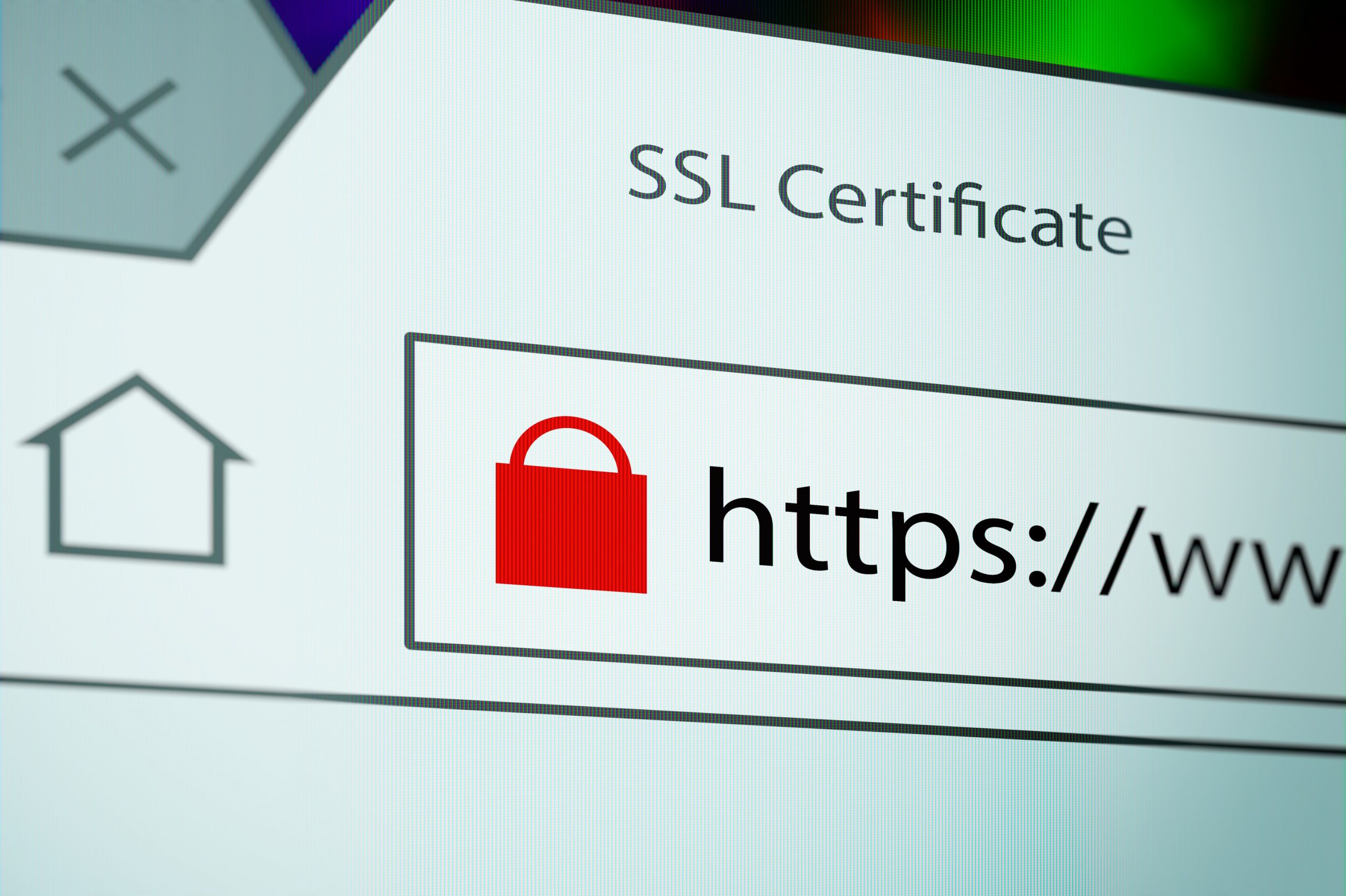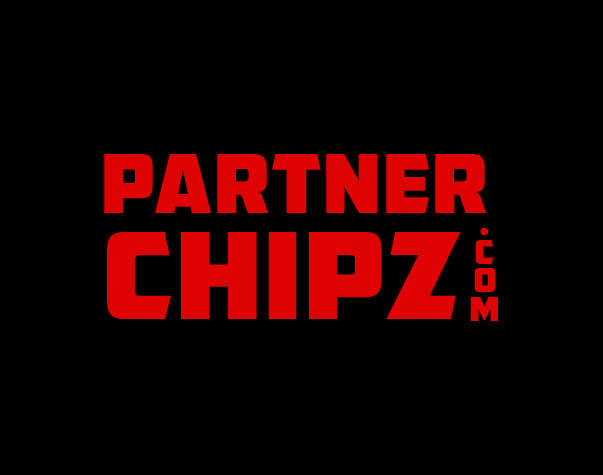Some enterprises are too small for hackers to be interested in their websites. Although, hackers hardly discriminate. These unscrupulous individuals may not meddle with your website or steal your data, but they can sure use your site to send spam emails or as an interim server. They may also use these tactics for nefarious objectives.
So, whatever you use your website for, it would be wise to prioritize its security. It would help to consider working with a company that offers Security as a Service (SaaS or SECaaS), such as Cloudsecuretech managed services providers in New York NYC, and others firms. Such companies can ensure your site’s cloud security while you concentrate on growing your business.
To understand how you can better protect your website from hackers and cyberattacks, listed below are ten ways to add security features to your web design.
1. Create A Strong Security Framework

Your priority is to gain a thorough understanding of cybersecurity for your website. You can achieve this through education, not only for yourself but for your whole team responsible for web development. For a practical security framework policy, it would help to train all your company’s system administrators in the latest cyber safety applications.
You’ll also need an action plan to ensure the safety of all devices. These include mobile gadgets that are used in managing and storing your site data. A managed Information Technology (IT) services company can train and assist your organization in creating your security framework.
2. Implement A Strong Password Strategy
Think of passwords as the key to your online kingdom. Thus, it’s crucial to keep them safe. Use sophisticated ones, preferably at least ten characters long. Your password could also contain uppercase letters, special symbols, and numbers. Ensure that your company implements a robust password policy throughout your organization.
3. Install MFA Authentication For All Logins
According to some hackers, one of the top ransomware protection tips for small businesses is to add Multi-Factor Authentication (MFA) for all company logins. This added layer of verification works by having the system send a verification code to a pre-registered text or email account. The system asks for it every time a user tries to login into your company system. The code is an added step to ensure that a legitimate or approved user, not a hacker, is logging in.
4. Keep All Software Updated
Even if you are using what you think is the latest software in web development, no single app or software is perfect. Hackers and cybercriminals will work endlessly to find bugs they can exploit in a system. Software experts typically design updates to address bugs and prevent users from having problems with their system, including security. Thus, make a habit to ensure all the scripts and platforms you use in your website are up to date.
5. Use SSL Encryption For All Login Pages

Having Secure Sockets Layer (SSL) encryption on your site’s login pages is vital, primarily if your site handles sensitive data. This information includes customer social security, credit card, or login credentials. Since the data entered in the page is encrypted, even if hackers intercept it, they could not make anything out of it. This is because the data is converted into scrambled, seemingly gibberish code.
Many potential buyers check for SSL encryption and security certification before buying anything online. So, even if you’re a small business, you need to have SSL encryption to possibly grow your online sales.
6. Check Your Site For Vulnerabilities
One way to know what security features to add is by learning the vulnerabilities of your website. Therefore, you should enforce regularly scheduled web security scans. This practice is also crucial every time you make additions or changes to your web pages.
There are many tools online to possibly help you check for security flaws. However, if your site has become the target of many attacks, perhaps you need to hire experts to review security vulnerabilities. A managed cyber security provider can provide a more in-depth analysis of your problem and assist in addressing such flaws.
7. Consider Adding Registry Lock
Cybercriminals are knowledgeable at seizing unsecured domains, redirecting sites to another page, and altering configurations. To help prevent a breach, which could lead to legal actions against your company, you may need to add a registry to your security.
This could prevent your clients’ private data from being compromised. Also, this feature makes it hard for hackers to take control of your domain and alter Domain Name System (DNS) configurations. A registry lock will require multi-party authorization from the registry before anybody can change locked domains.
8. Prevent Malicious Bot Attacks
Search engines use bots to rank and index web pages efficiently. Thus, it’s acceptable for search engine bots to scan your website. However, hackers also use spider bots to secure information from your site the same way search engine bots do. The only difference is these unfriendly bots can use stolen data for malicious purposes. Some hackers also use bots to enforce Distributed Denial of Service (DDoS) attacks. Thus, a blocking tool or plugin is an excellent additional security feature to have on your website.
9. Regularly Clear Your Website Data

Cybercriminals will never stop looking for a way to break into your website, no matter how insignificant you think your site may appear. Thus, it’s an excellent policy to regularly check and clear your website cache, cookies, or history. This practice means you must delete databases, files, plugins, or any applications from your web pages if you no longer use them. It would be ideal to keep an organized file structure to keep track of any additions or changes you make.
10. Do Regular Data Backup
Since data breaches resulting in data loss might be a possibility, a prudent website owner must regularly back up the content of their site. Even if your web host offers automatic backups, you should still have one for contingencies. Although having plugins that periodically back up your web pages is a great security feature, it would still be a great idea to do manual content and database backups.
Bottom Line
Every website owner, more so businesses that handle customer data and online payments, should be proactive regarding site security. Having basic security features in place to thwart cyberattacks is one giant step in ensuring website safety. You can consult with managed IT service providers about improving your company’s cloud and overall web security.
The post 10 Ways To Add Security Features Into Your Web Design















